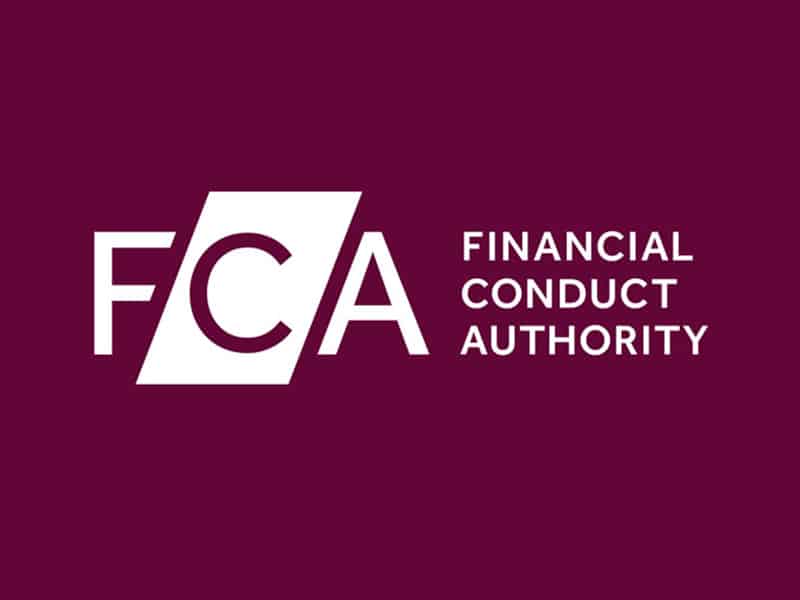We advise many businesses who have been mis-sold over the counter derivatives by banks such as RBS, Barclays, Lloyds, HSBC, Clydesdale and many others. We entirely understand the significant detrimental impact that this issue has had and continues to have on our clients’ businesses.
We not only litigate but often write and join in campaigns on behalf of our clients. We correspond not only with banks but also with MPs, print and broadcast journalists and regulatory authorities. We have very recently received a personal response (addressed to one of our clients) from Mr Martin Wheatley, the Chief Executive of the Financial Conduct Authority (the FCA) which contains insightful statistical information.
Our client raised concerns in relation to the banks’ reviews of the sales of Interest Rate Hedging Products (IRHPs), particularly a view that the banks are systematically progressing review cases too slowly (a view which we note is today widely reported as shared by the Business Secretary Vince Cable).
Whilst the banks’ own reviews of past derivatives sales was announced in June 2012, the banks in fact only began their full reviews at the end of April 2013. The FCA Chief Executive stated: “We recognise that customers may have been frustrated by the perceived delay in getting started.”
The delay is not merely perceived, it is very real and suits the banks in that tens of thousands of customers are at risk of losing the right to legal redress. Many customers may be pinning their hopes on the so-called ‘FCA Review’ (the FCA do not review the mis-selling; the wrongdoer bank does) while their legal rights may be lost due to the six year time bar created by the Limitation Act. It is noteworthy and entirely revelatory that the FCA do not give any warning about legal rights becoming extinguished. We urge all businesses to protect their legal right of action even where they do not wish (or cannot afford) to pursue litigation at this time and would like to travail down the long path of the bank IRHP review process.
The FCA’s latest data was reported to our client by the Chief Executive of the FCA and this rather alarmingly reveals that of the approximately 38,000 cases identified only around:
- Half (50%) of the sophistication assessments have been completed and that these customers have been invited to opt-in and provide testimony.
- 1,500 (3.9%) cases have moved to the fact find / interview phase.
- 1,000 (2.6%) customers have had their payments suspended pending their reviews.
It is worrying that only 3.9% of cases have reached the initial interview stage and of extreme concern is that only 2.6% of customers have had swaps payments suspended in accordance with the BBA announced policy in December 2012. It seems that some of the claims made in the past relating to the percentage of customers to whom suspension of swaps payments had been granted were not accurate compared with the above latest data provided in writing by the FCA Chief Executive.
Aside from our general concerns about the one-sided unfairness in the so-called ‘FCA Swaps Review’ process, we are also very concerned to learn that at least one bank is attempting to bypass the sophistication stage entirely.
We have evidence of an instance where one of our retail clients has been told that no decision has been reached on sophistication, but been told that the review can carry on as long as our client accepts the bypass of the sophistication assessment. This is clearly a tactic by the bank to avoid the damage of stating openly the client is unsophisticated. In spite of the assurances of the FCA such activities by the wrongdoer banks cannot be the hallmark of a transparent, fair and open review process.
We consider it was, and remains, a fundamental error for a financial services regulator to ever allow a wrongdoer to review its own wrongdoing. This always suggested a lack of proper regulatory oversight which must also be the reason for the delays in the reviews (which are taking longer than cases settled after commencing High Court litigation) and the reason for the constant attempts of the banks to limit and bypass aspects of the swaps mis-selling review scheme itself.
M Ali Akram, Principal, LEXLAW

